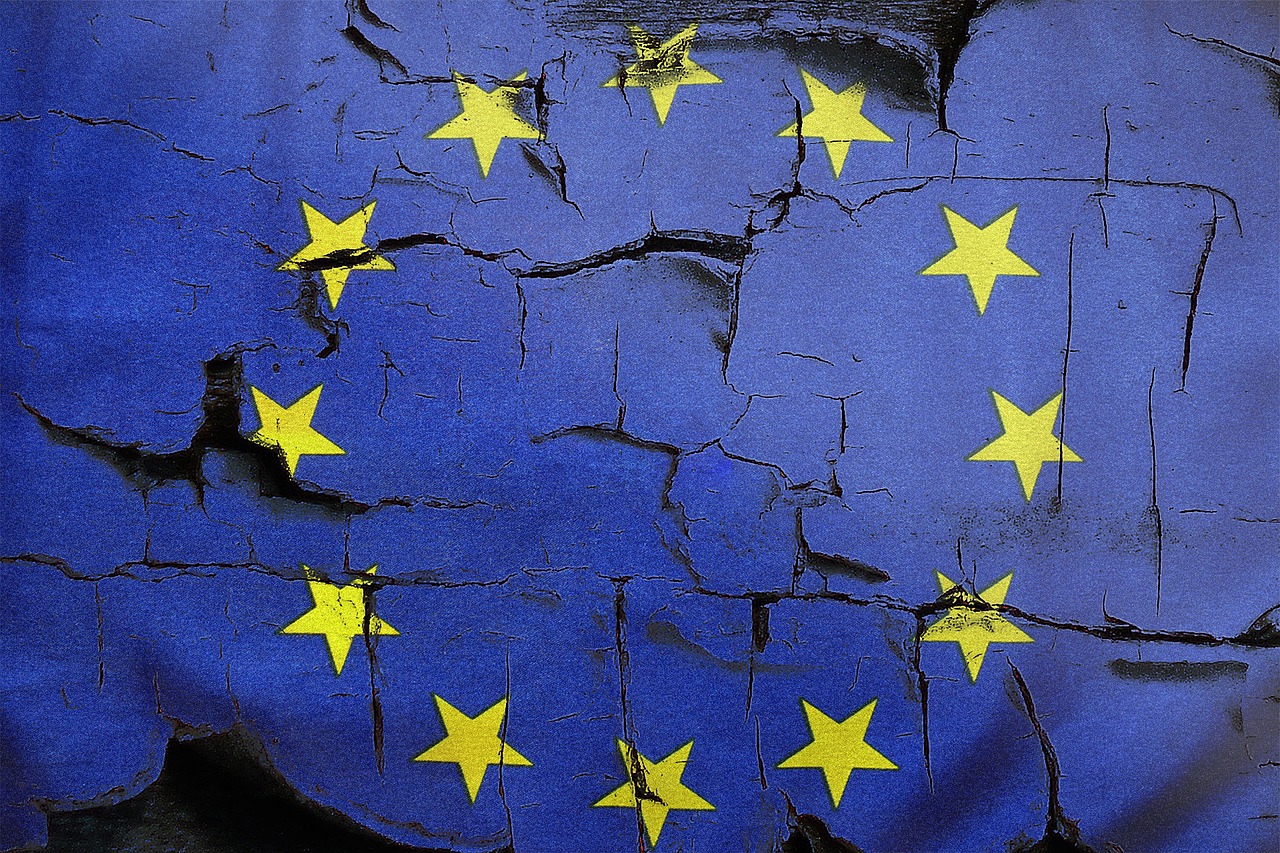
Two dozen letters have been exchanged between the European Commission and Bulgaria, Cyprus, and Malta over their controversial 'Golden Passport' schemes, by which rich foreigners can gain EU citizenship for large sums of money.
The letters - sent over the past 12 months - offer fresh insight into how the European Commission is trying to clamp down on a scheme it says violates EU rules.
It also shows how slow some of the states are to respond to the inquiries - with Malta taking 67 days to respond to the commission's first letter, followed by 42 days for Cyprus.
For its part, Bulgaria sent a letter in October 2019 to the European Commission, which responded a month letter.
Six were exchanged with Bulgaria and nine each with Cyprus and Malta, spanning October 2019 to October 2020.
The issue has recently landed Cyprus and Malta with the possibility of facing the European Court of Justice in Luxembourg over the passport sales, which critics say attract people with criminal backgrounds.
An Al Jazeera investigation last month revealed senior Cypriot officials discussing ways to provide citizenship to a convicted criminal.
The media network published 1,400 leaked documents showing how Cyprus allowed fugitives to obtain Cypriot - and thus EU - citizenship.
Of the three, Bulgaria was to first launch its scheme in 2005, offering people citizenship in exchange for a €1m investment.
That citizenship then entitles them to live and work anywhere in the European Union, in moves that create potential security risks.
Asked to release the letters for closer inspection, the European Commission refused, citing jurisprudence.
"The exchanges with Bulgaria are of a strictly bilateral nature as they involve only the commission and the member state concerned," it said, in response to a freedom of information request.
It made similar arguments for Malta and Cyprus, stressing there was no overriding public interest for their disclosure given the previously-launched infringement procedures.
The commission says the schemes undermine the integrity of the status of EU citizenship and free movement.
It also allows people, who had no links to the European Union prior to sometimes paying out millions of euros for the passports, the right to vote.
The commission is also worried about EU candidate countries, as well as the United Kingdom, using similar schemes that offer special access to the EU for prospective future clients.
The UK is no longer a member of the European Union.
Justice commissioner Didier Reynders in October said the schemes were still being used in such countries to attract investors through their privileged partnership agreements, or various accession bids with the EU.

